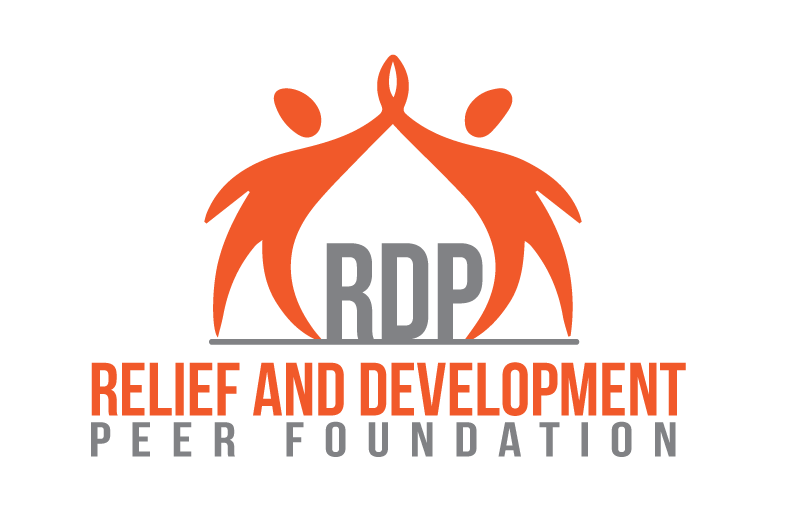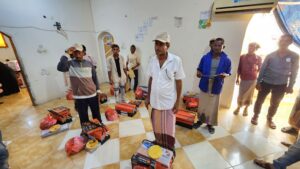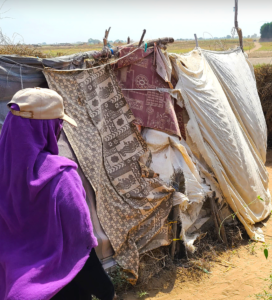Livestock Are Important Assets for Vulnerable Communities
In Bajil, Amal’s family is a living example that depicts the human tragedy of thousands of forcibly displaced families who wanted to protect their children due to the escalating clashes in mid-January, 2021 in southern areas of Al-Hudaydah governorate. She displaced with her six children – 4 sons, 2 daughters – to Al-Zalam (the darkness) camp for IDPs in Bajil district. Unfortunately, the camp lacks the basic necessities of living which aggravates the situation a lot more, especially for her newborn twins whose lives are at greater risk of malnutrition and life-threatening diseases.
“As a displaced person, I go every day to collect empty bottles of water from the streets to sell at the end of the day and get five hundred Yemeni Rials or a little more to buy some food for my children. I also collect leftovers from restaurants to feed them as well. This is how I usually spend my day, fighting to keep my kids alive” Amal, a thirty five-year-old mother, stated.

By the generosity and continuous support of Sign of Hope (SoH), RDP therefore implemented the emergency food security and livelihoods project which contributed to help sustain IDPs’ lives and ease up the tough times they are going through. This project has brought hope and happiness to vulnerable internally displaced people by providing them with in-kind food assistance for six consecutive rounds.
“During this period, I was able to get three sufficient main meals for my children and my disabled husband, and one of my twin children, who was suffering from malnutrition, was cured as I was able to take him to the hospital for treatment and take medical advice. Moreover, I am no longer worried about how to provide food for my family as I have received a livestock kit which will help me meet my family’s basic life needs even after the project ends.” Amal said.
Amal continued happily: “I was very happy to have three sheep to raise and benefit from their milk, as I was very encouraged to buy additional sheep and raise them to obtain their benefits, and here I am getting new births from some sheep and I am planning to raise more sheep to support my family with a sustainable income.”



